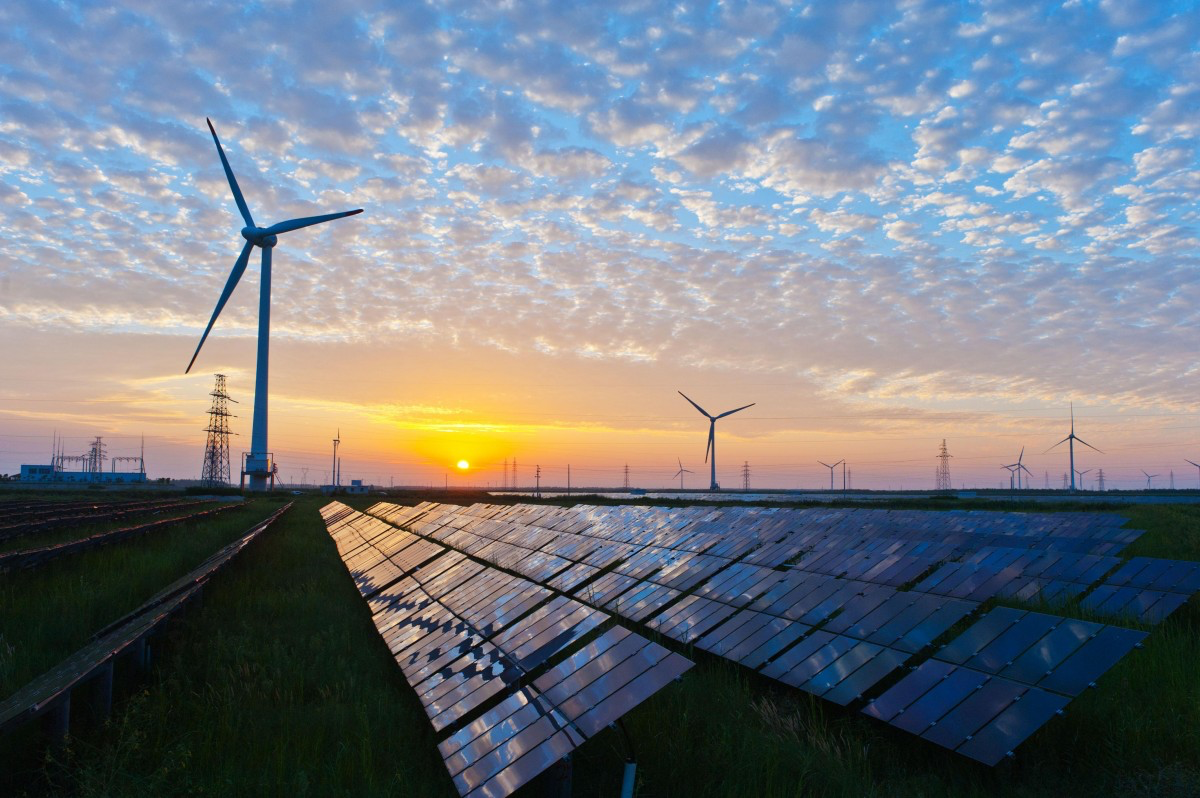Russia’s Nord Stream 1 natural gas pipeline will not resume deliveries until Siemens Energy repairs the failed equipment, Gazprom deputy chief executive Vitaly Markelov told Reuters on Tuesday.
“You should ask Siemens. They have to repair equipment first,” he said on the sidelines of the Eastern Economic Forum in the Russian Pacific port of Vladivostok, when asked about when the pipeline could start pumping gas again.
Gazprom on Friday said it detected an engine oil leak at the only turbine still working at the Portovaya compressor station for the Nord Stream 1 system and would shut off supply until it was repaired.
Siemens Energy said on Saturday that it has no contract to do the repair work and that the leak reported by Gazprom would normally not affect the operation of the turbine and could be sealed on site.
They also said there are other turbines available at the affected compressor station.
Europe faces its worst gas supply crisis in history, with soaring energy prices and German importers discussing possible rationing in the EU’s largest economy after Russia cuts flow to the West.
The Nord Stream 1 pipeline, Europe’s main supply route, will remain closed, according to Gazprom, after a compressor station turbine leaks engine oil and wholesale gas prices skyrocket.
Munich-based Siemens Energy said on Tuesday that it did not understand Gazprom’s explanation of the situation
“Based on the information received over the weekend, we cannot understand this new explanation,” Siemens Energy said in a statement that the findings communicated to us did not constitute a technical reason for the shutdown. “Leaks like this typically don’t affect turbine operation and can be plugged on the spot,” he added.

Energy War?
The Kremlin blames the energy crisis on economic sanctions imposed on Russia by the West over what President Vladimir Putin calls a “special military operation” in Ukraine. European leaders say Moscow is using its energy to blackmail the EU.
Nord Stream 1, which runs under the Baltic Sea to Germany, is Russia’s largest gas pipeline to Europe, transporting 59.2 billion cubic meters of gas annually.
Once seen as a symbol of cooperation between one of the world’s largest energy powers and the world’s fourth largest economy, Nord Stream is now a recurring theme between Berlin and Moscow.
Germany, Europe’s largest buyer of Russian energy, declares that Russia is no longer a reliable supplier. European politicians say Mr. Putin is using his influence as the leader of one of the world’s biggest energy powers to stir discord in Europe over the conflict in Ukraine.
Germany dismisses Gazprom’s explanation of turbine problems as an excuse.
But the Kremlin says the West has caused the energy crisis by imposing the toughest sanctions in modern history, a move that Putin sees as a declaration of economic war.
The Kremlin also warned that Russia would retaliate against a G7 proposal to impose price caps on Russian oil, a move that must not harm Russia unless China and India follow suit.
Russian Energy Minister Nikolai Shulginov said on Tuesday in Vladivostok that Russia would respond to price caps by shipping more oil to Asia. He said Russia and its partners are considering setting up an insurance company to facilitate the oil trade.
Source-Reuters


